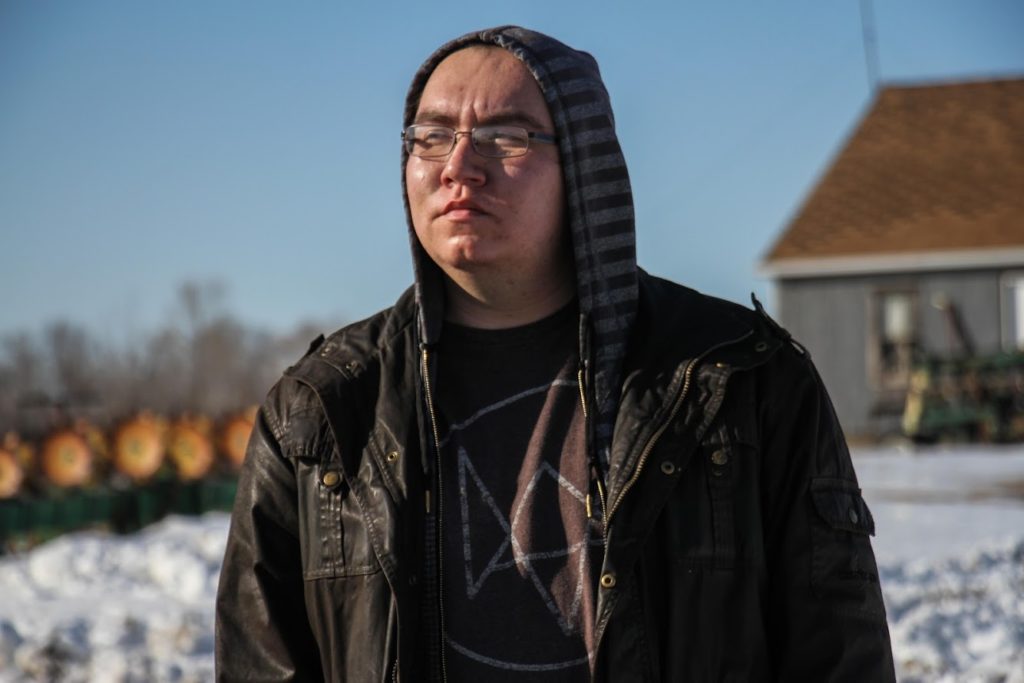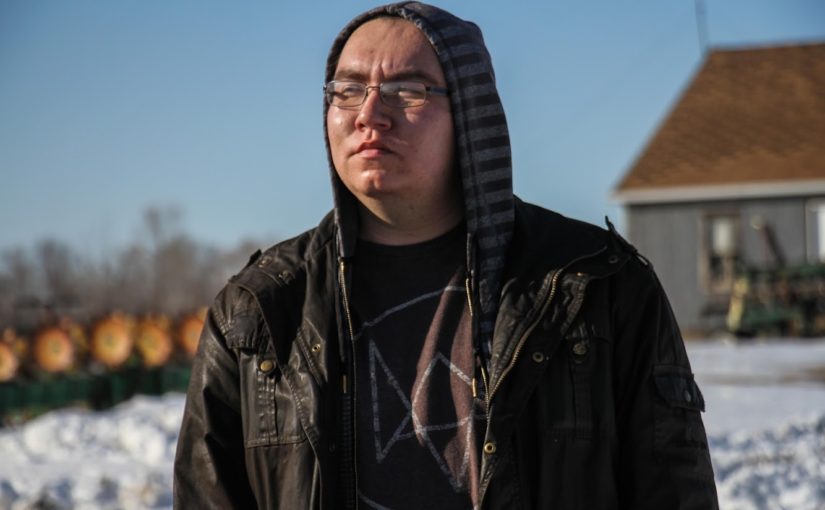
Political impacts of the new law will soon become apparent.
A last minute decision by the U.S. Supreme Court has affected voting in North Dakota. The Supreme Court decided they would not rule on an 8th District appellate decision to let a new voter ID law be enforced this November. The law will require an ID with the citizen’s name, current North Dakota address and a date of birth, according to the Secretary of State’s website.
Native American populations will be affected by this ruling, according to Tyrel Iron Eyes, the president of the Native American Student Association at North Dakota State. Iron Eyes said many Native Americans live in rural areas and have no legal residential address. Many used P.O. boxes for ID purposes in the past to get around this issue.
Iron Eyes said he has a grandmother who lives on a road that doesn’t have a name and the house is not listed under an address. Iron Eyes said he knows many people that live like this. It will be a process for these people to receive an address and a tribal ID card. The estimates Iron Eyes said he has seen for how long this process will take range from a couple weeks to a couple months.
“Depending on how long that takes, it bars them from being able to vote in the upcoming election,” Iron Eyes said.
“It bars them from being able to vote in the upcoming election.”
– Tyrel Iron Eyes
This Supreme Court hearing comes before the midterms and a contested Senate race. This could change the outcome, according to Iron Eyes.
Iron Eyes referenced the 2012 election where Heidi Heitkamp won the election by a narrow margin. “It was like a few thousand votes, and that few thousand is about what the Native vote is,” Iron Eyes said.
The voter ID was passed by a conservative state Senate and signed by the conservative Gov. Doug Burgum. Iron Eyes said some of the theorists that he listens to say the voter ID law is a ploy to “get Heidi out.” Heitkamp is behind Kevin Cramer in many election polls, and a stifled Native vote could break her chances, according to Iron Eyes.
The Democratic senator “made a very direct appeal to Native people” on the campaign trail. Iron Eyes said when she was in office, Heitkamp “did her best to represent us.” According to Iron Eyes, people gravitate toward Heitkamp because she “made a statement regarding Savanna LaFontaine-Greywind, she made a statement regarding missing and murdered indigenous women and she’s done what she can for Native people, Native voices.”
The number of voices the Native population has is small. According to the 2010 U.S. Census, less than 1 percent of Americans consider themselves Native American. Iron Eyes said despite their size Native Americans need to make themselves heard. “We were here before the United States was even a construct. We should have a say in what goes on still.”
One of the greatest impacts this new law will have on campus is the fact that only North Dakota residents will be able to vote in the election. In the old system, voting in North Dakota only

The upcoming midterm elections now pose problems for Natives on reservations.
required that you live in the state.
“We have an opportunity through these institutions to engage with young people and then turn them into civically engaged people for the rest of their lives.”
-William Fleck
NDSU student William Fleck has been working with the North Dakota Student Association to inform students using a voter guide. Fleck said the ID law basically “disenfranchised all the
Minnesota students that are living here and want to vote here because they have an interest in North Dakota politics.” According to NDSU enrollment data, Minnesota residents comprise 46.31 percent of the study body, the largest percentage from any state, including North Dakota.
Fleck originally wanted to work with North Dakota University System to print certificates that would act as IDs for students to use at the polls. The certificate would have had the student’s name, mailing address and date of birth, making it valid under the new law.
“During the summer, what we did is that we had reached out to the Secretary of State’s office and also worked with NDUS to try to make this a reality,” Fleck said.
Fleck said he ran into problems when “the Secretary of State’s office said they didn’t want to give preferential treatment (to college students).”
